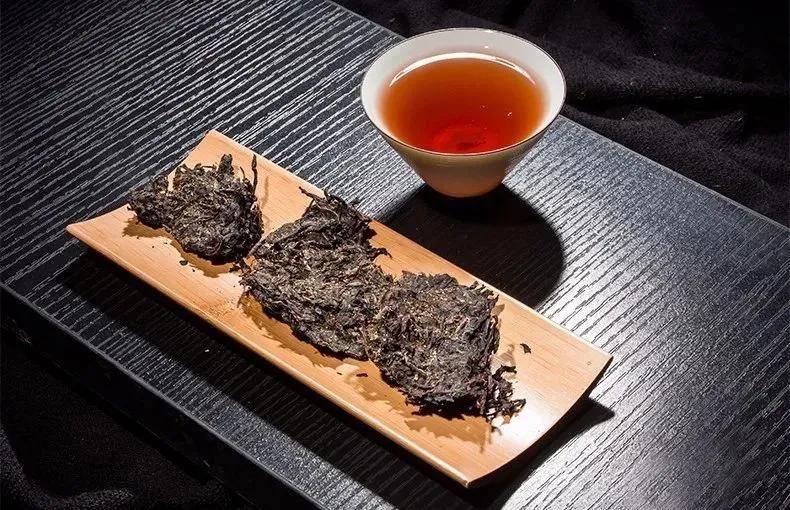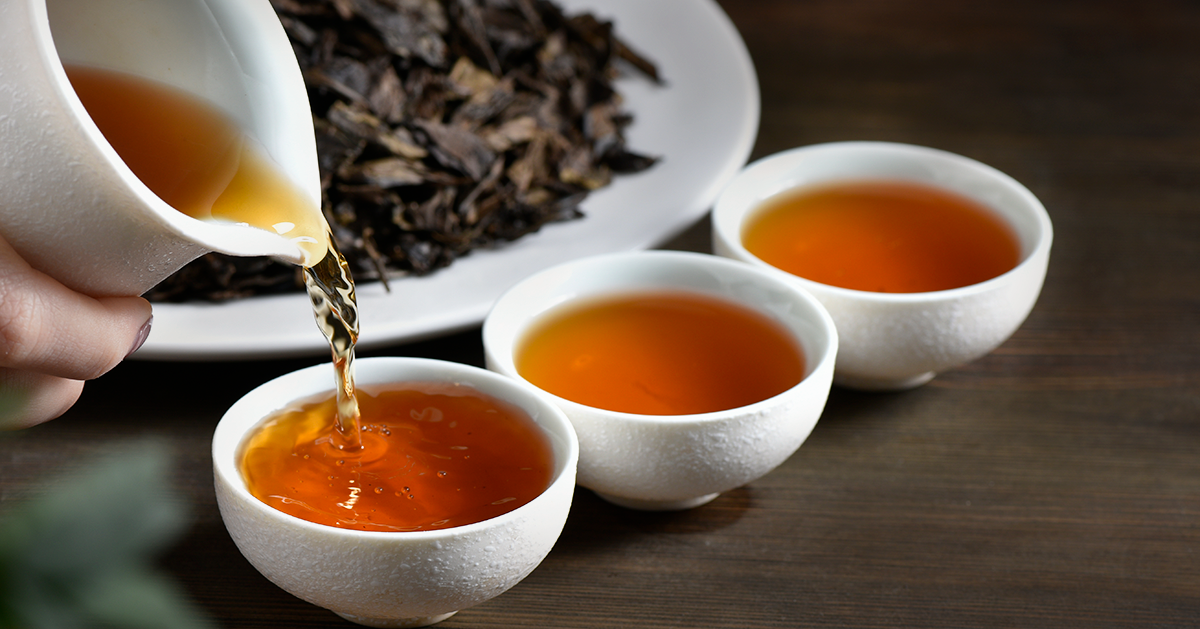Dark tea, a post-fermented tea prized for its earthy flavors and aging potential, offers unique health benefits but may present risks in specific contexts. Below are critical considerations:

1. Caffeine Sensitivity
While lower in caffeine than oolong or green tea, dark tea still contains moderate levels (~15-30 mg per cup).
- Risks: Insensitive individuals may experience insomnia, jitteriness, or increased heart rate.
Advice: Limit to 5-6 cups daily or opt for low-caffeine blends.
2. Gastrointestinal Concerns
- Tannin Content: Higher than most teas, tannins may irritate the stomach lining, especially when consumed on an empty stomach.
- Microbial Activity: Post-fermentation introduces beneficial microbes but may worsen bloating or IBS symptoms in sensitive guts.
Recommendation: Drink after meals or with food.
3. Drug Interactions
Dark tea’s polyphenols (theaflavins, thearubigins) and trace caffeine may interact with:
- Blood Thinners: Enhances bleeding risk.
- Antibiotics: Reduces drug absorption.
- Sedatives: Increases drowsiness.
Critical: Consult healthcare providers before combining with medications.
4. Fluoride Accumulation
Dark tea leaves absorb fluoride from soil, and aged varieties may contain elevated levels. Prolonged high intake (>10 mg/day) risks:
- Dental fluorosis in children.
- Skeletal fluorosis in adults (joint pain, bone stiffness).
Caution: Monitor intake if using fluoridated water or supplements.
5. Pregnancy and Lactation
- Pregnant Women: Limit caffeine to <200 mg/day. Dark tea’s moderate caffeine requires mindful tracking.
- Breastfeeding Mothers: Caffeine transfers to breast milk; limit to 3-4 cups daily to avoid infant irritability.
6. Heavy Metal Residues
Aged dark teas (e.g., shu pu-erh) may contain lead or cadmium from soil or processing.
Mitigation: Source from certified organic farms or rinse leaves before steeping.
7. Allergic Reactions
Rare cases of allergies to mold byproducts (in poorly stored teas) or tea proteins. Symptoms include hives or respiratory distress.
8. Overconsumption Risks
- Caffeine Dependency: Habitual high intake may lead to withdrawal symptoms (headaches, fatigue).
- Nutrient Depletion: Tannins may hinder absorption of iron, folate, and B vitamins.
9. Children and Adolescents
Limit caffeine intake due to lower body weight. Excessive consumption may disrupt sleep or behavior.
10. High-Temperature Brewing
Steeping at >95°C (203°F) extracts more caffeine, tannins, and fluoride, increasing bitterness and irritation risk.
Optimal: Brew at 85-90°C (185-194°F) for 3-5 minutes.
11. Liver Conditions
While dark tea supports liver health in moderation, overconsumption (5+ cups/day) may strain hepatic function in those with pre-existing disease.
12. Oxalate Content
Dark tea contains oxalates, which may contribute to kidney stone formation in susceptible individuals.
Caution: Avoid excessive intake if prone to calcium oxalate stones.
13. Aging and Storage
Poorly aged or stored dark tea may develop mold (e.g., aflatoxin) or excessive moisture, posing health risks.
Recommendation: Purchase from reputable sources and store in dry, cool conditions.
Final Recommendations
- Moderation: 4-5 cups daily (~60-150 mg caffeine).
- Timing: Avoid late-day consumption to prevent sleep disturbances.
- Quality Control: Choose loose-leaf teas from trusted vendors to minimize contaminants.
- Consult Professionals: Discuss with doctors if managing chronic conditions or medications.
By enjoying dark tea mindfully, you can harness its wellness benefits while mitigating potential risks. 🍵✨



